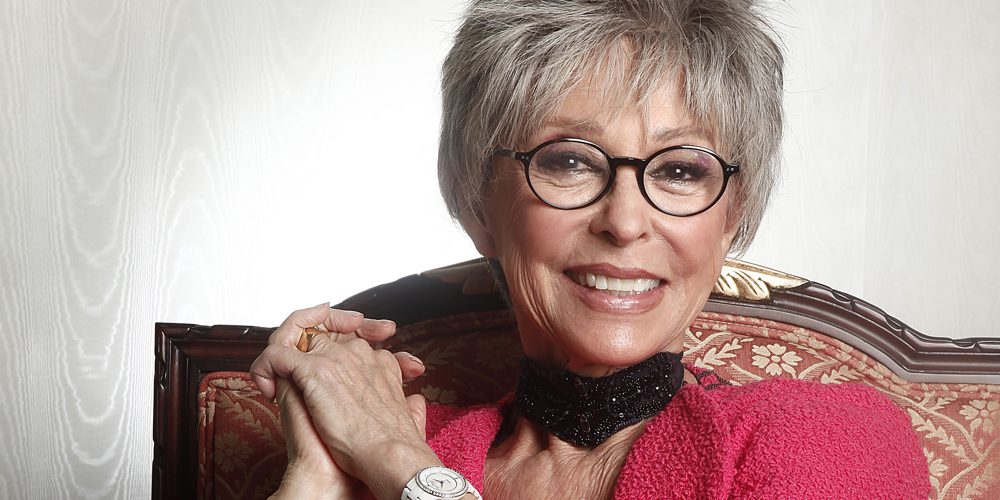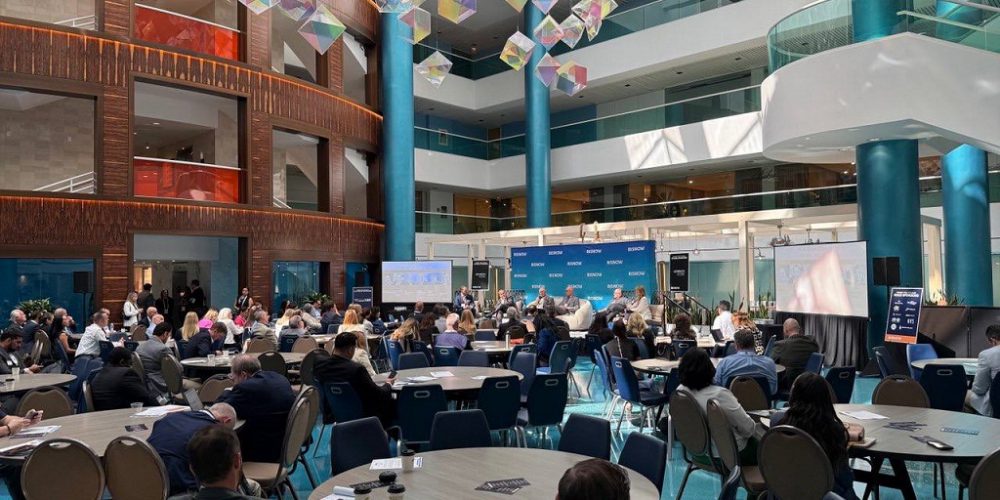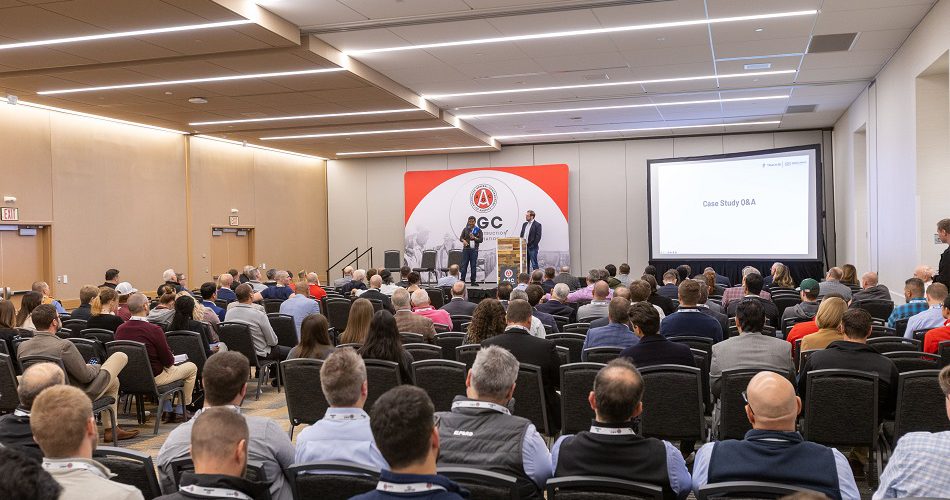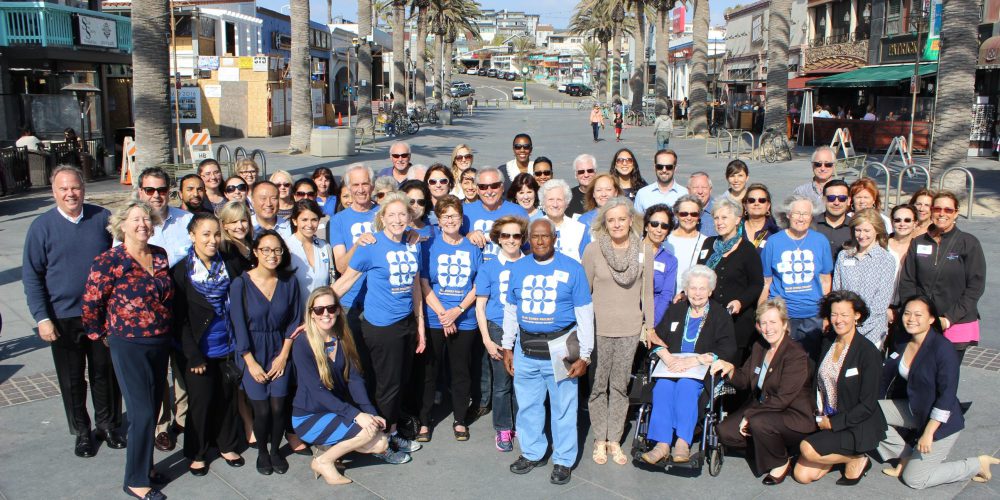We feel deep compassion for those who suffer

Adele Levine, 48, and Etaine Raphael, 43, civilian physical therapists, talk about their work at the Walter Reed military hospitals in the Washington, D.C., area.
For nearly a decade, Levine and Raphael worked side by side helping soldiers who lost limbs in battle during the wars in Iraq and Afghanistan navigate life after their injuries.
Do you remember your first day of work with patients injured in war?
Levine: O yes, quite vividly. I remember feeling my heart speed up and I was having trouble breathing, and I couldn’t imagine why I was reacting like that. I realized later it was the first time I had seen anyone who had been maliciously hurt.
Raphael: We got to know our patients well. We would see them two to three hours a day, for two to three years.
Were you prepared to treat so severe wounds?
Raphael: In fact, we weren’t. You see, as the war in Afghanistan intensified, we had to treat worsening kinds of injuries — and more of them.
The guys and girls were on foot and so the blast was coming from the ground up, and the injuries became so much more severe — both legs or both arms — and all you want is to fix them. Like, I remember just thinking, God, if I only had a magic wand, this is where I would use it.
You had to work hard those days.
Levine: We were seeing then 150 combat amputees a day in our clinic and everyone’s running from one patient to the next patient. And I would just get really frustrated because I felt like I could never actually spend time with anybody.
Would your patients improve over years of treatment?
Levine: Yes, most of them did, though not fully of course. I couldn’t shake the feeling that jumping from person to person meant rarely seeing anything through from beginning to the end. I picked up hobbies to find some relief.
It bothered me not to finish anything. And so that’s when I started getting into all these home repair projects until all hours of the night.
Stress has a great impact on health.
Levine: Yes. Stress upset our sleep. I started having nightmares where my family and my friends, they were all amputees. I came to work finally and I fessed up to Raphael. The guys and some other people said they had those too and that was normal.
You had much to endure.
Levine: I just saw like bad stuff all the time and it was good people that it happened to. I started getting this feeling that, if you’re good, bad things are gonna happen to you.
Did your life change when you left Walter Reeds?
Levine: We left Walter Reed in 2014. Since then, it’s been challenging to find a steady job.
Raphael: I think it’s just hard to find another job because you don’t want it to be just a paycheck.
Levine: It was hard to leave our patients. Eventually, I think we all came to the same conclusion — you know, that we were part of something that was so much larger than ourselves. I just felt like I couldn’t just walk away.
Raphael: I’ve always felt deep compassion to those who suffer. But it’s on such a different level now. I feel I’m just eternally grateful to them.

































